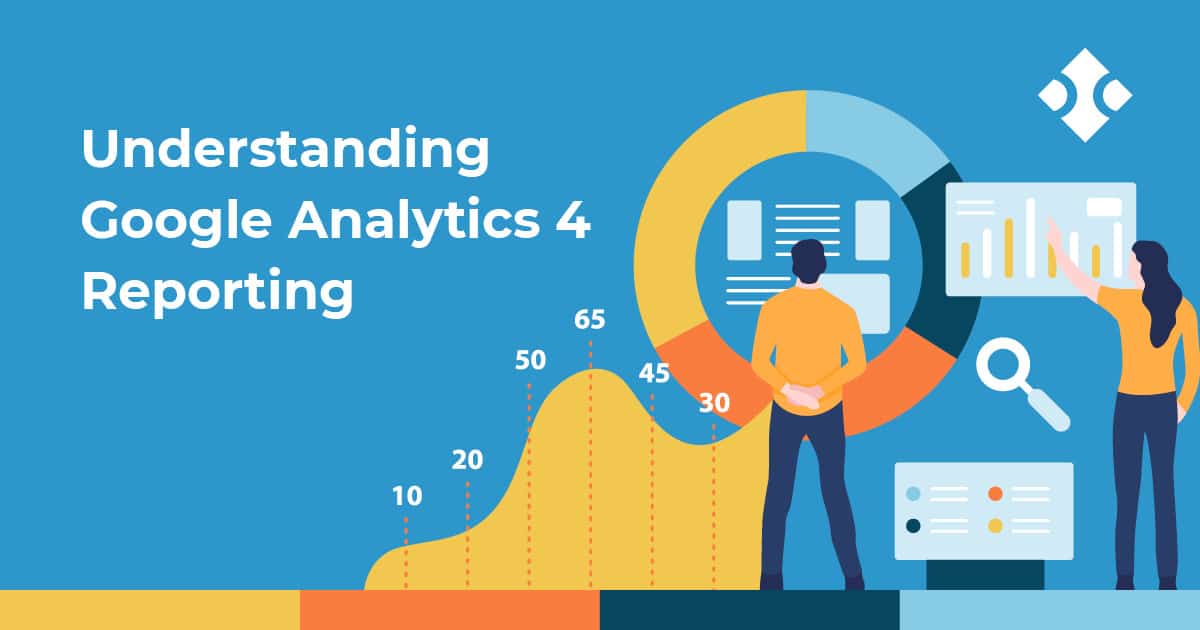In the ever-evolving landscape of digital marketing, data analysis plays a crucial role in understanding user behavior and optimizing strategies. Google Analytics has long been a go-to tool for marketers to gain insights into website performance. To enhance the reporting experience, Google has recently launched the GA4 Reports Builder for Google Analytics, an extension designed for Google Sheets. This new Google Workspace add-on aims to simplify the reporting process and provide marketers with a more efficient way to analyze their GA4 data. In this article, we will explore how the GA4 Reports Builder works, examine initial reviews, and discuss its implications for marketers.
How GA4 Reports Builder Works
The GA4 Reports Builder allows users to create and run reports for GA4 properties within Google Sheets, eliminating the need to navigate through the GA4 interface and export data manually. With this streamlined process, marketers can save time and effort while generating meaningful insights. Let’s take a closer look at how the GA4 Reports Builder works:
- Install the GA4 Reports Builder for Google Analytics add-on: To get started, users need to install the GA4 Reports Builder add-on from the Google Workspace Marketplace. Once installed, it will appear under the Extensions menu in Google Sheets.
- Create a new report: Select “Create new report” from the GA4 Reports Builder add-on menu. This will open a dialogue box where users can specify the report name, target GA4 property, date range, and desired dimensions and metrics.
- Run the report: After setting up the report parameters, click on the “Run reports” option from the add-on menu. The GA4 Reports Builder will fetch the requested data from the specified GA4 property and populate it on a new tab within the Google Sheets document.
By following these simple steps, marketers can quickly generate reports based on their GA4 data, allowing for deeper analysis and data-driven decision-making.
Initial Reviews
The release of the GA4 Reports Builder has generated mixed reviews among users. While many appreciate the add-on’s simplicity and efficiency, some have raised concerns and suggestions for improvement. Let’s take a look at the initial reviews:
- Streamlined workflow: Several users have praised the GA4 Reports Builder for its ability to streamline the analytics workflow. They consider it a “true game-changer” that eliminates the need for manual data exports and simplifies the reporting process.
- Lack of essential features: Despite the positive feedback, some users believe that the GA4 Reports Builder lacks certain “required” features that would make it even more valuable. The most common suggestions include an auto-scheduling feature for daily report updates, filter options for dimensions and metrics, and the addition of more tables to facilitate cleaner data visualization.
While the GA4 Reports Builder is certainly a step in the right direction, it is clear that there is still room for improvement to meet the diverse needs of marketers.
New Ways To Work With GA4
The GA4 Reports Builder for Google Analytics add-on opens up new possibilities for marketers who prefer analyzing website data using spreadsheets. This extension from Google offers a more efficient way to extract GA4 data into Google Sheets, providing marketers with a familiar environment to work with their data. Here are some key benefits of using the GA4 Reports Builder:
- Familiar interface: Many marketers are already accustomed to working with Google Sheets for data analysis. The GA4 Reports Builder leverages this familiarity, allowing marketers to harness the power of GA4 data without the need to learn a new interface.
- Enhanced collaboration: Google Sheets enables seamless collaboration among team members. With the GA4 Reports Builder, marketers can easily share and collaborate on reports, fostering teamwork and knowledge sharing within the organization.
- Advanced analysis capabilities: Google Sheets offers a wide range of functions and formulas that empower marketers to perform advanced data analysis. By integrating GA4 data into Google Sheets, marketers can leverage these capabilities to gain deeper insights and uncover trends that drive business growth.
Despite its advantages, the GA4 Reports Builder is not without its limitations. As mentioned earlier, users have highlighted the need for additional features to make the add-on more comprehensive. However, the release of the GA4 Reports Builder marks a significant step forward in providing marketers with a more user-friendly and efficient reporting experience.
Future Innovations
The introduction of the GA4 Reports Builder is just one example of how Google is continuously improving its analytics offerings. As marketers’ needs evolve, developers will likely continue to innovate new ways to assist Google Analytics users in analyzing their website data. One such example is the ChatGPT plugin for GA4, which aims to enhance the user experience by providing a conversational interface for querying GA4 data.
The future of GA4 reporting holds great potential for further advancements in automation, customization, and integration with other tools. Marketers can look forward to a more seamless and intuitive reporting experience as Google and developers continue to refine and expand the capabilities of GA4.
Conclusion
The GA4 Reports Builder for Google Analytics is a valuable extension that simplifies the reporting process and empowers marketers to analyze their GA4 data more efficiently. By leveraging the familiar environment of Google Sheets, marketers can generate insightful reports without the need for manual data exports. Although the add-on has received positive feedback for its simplicity and efficiency, there is still room for improvement to meet the diverse needs of marketers. As the industry evolves, developers will continue to innovate new ways to assist Google Analytics users in analyzing their website data. With the GA4 Reports Builder and future advancements, marketers can gain deeper insights and make data-driven decisions to optimize their digital marketing strategies.

